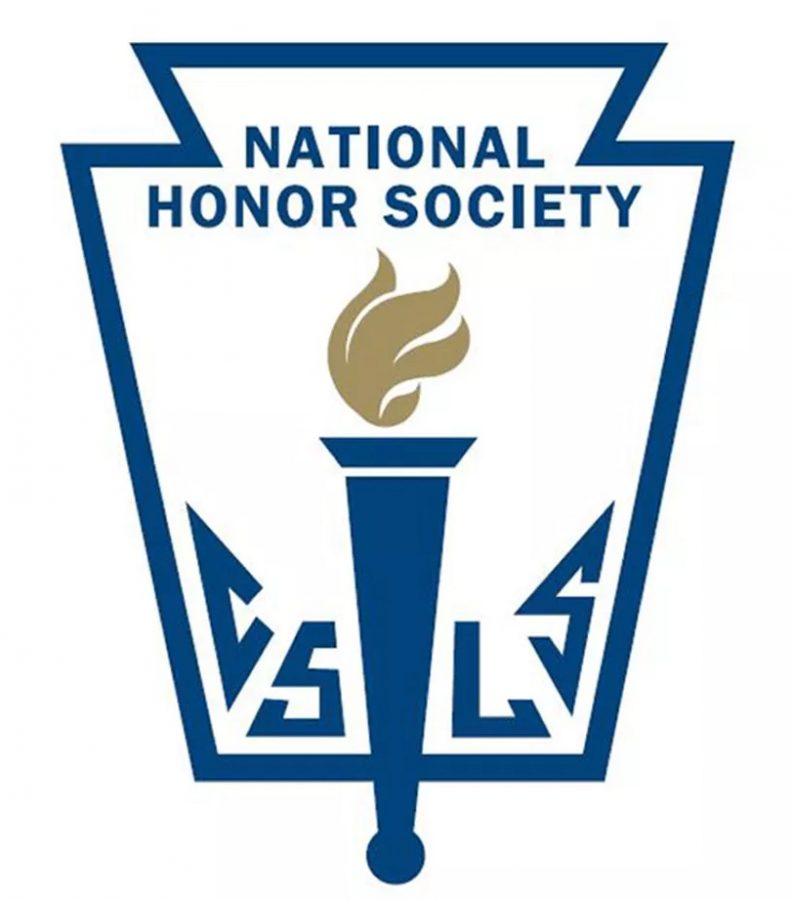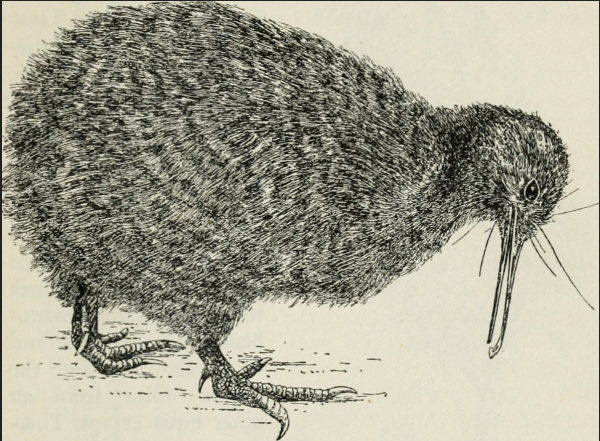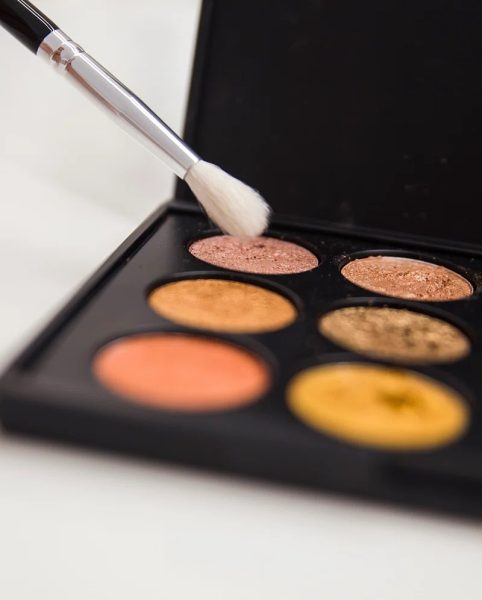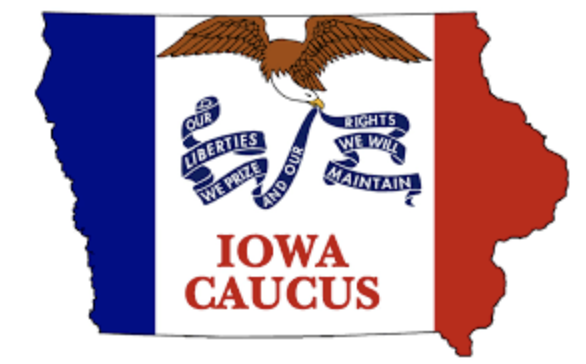The qualifications for NHS
National Honors Society is a high school organization that recognizes students who have excelled in leadership, service, character, and scholarship, the four characteristics of NHS.
For admittance into the society, several things are required. The process starts with a letter sent home if the student has maintained a 92 overall unweighted GPA throughout the first five semesters of high school.
Then, an application packet has to be submitted, requiring leadership and continued service time. Next, all teachers are given a survey, where they rate the students on character, leadership, and service. A “0” means “do not recommend. “N/A” means no basis for response. And then teachers can use a 1, 2, or 3 – with 3 being the highest recommendation.
Finally, a council of five teachers meets for an all day selection process where they factor in all the requirements on an 80 point scale. After the selection meeting, an acceptance or denied letter is sent to the students. There is an appeals process for those who do not agree with the decision made.
While admittance into NHS is one thing, you still have to keep up the excellence. “They have to maintain the 92 GPA, along with 3 hours a month of community service,” said NHS advisor Mrs. Rubuni.
But why use unweighted GPA?
On the surface, it may appear to some that using a weighted GPA is more telling of a students academic achievement. After all, the whole point of weighted GPA is to balance the academic playing field. It allows students taking rigorous honors and advanced placement classes to be rewarded by adding points onto their GPA.
But when it comes to NHS, the unweighted grade is used because, according to principal Dr. Robert Tull, there are more than just grades involved.
“Just as important are leadership, service, character, and scholarship,” he said. “We want an opportunity for all students to a part of it. Not have it be this exclusive club for students in rigorous courses.”
Dr. Tull is not concerned about unweighted GPAs negatively affecting students in honors and AP courses. “It is not just about the grade,” he said. “However, I still encourage students to challenge themselves in academics.”
Despite a few unhappy students, there has been no thought about changing the grade requirement. “This has been the policy for the thirteen years I have been here and it is not changing. Overtime, we have moved the required grade up from a 90 to 92, but that has been the only change,” said Dr. Tull.
The reason for bumping up the required minimum grade was rather simple. Administration wants students to strive to do better.
The NHS policy is entirely up to the administration. Others schools do things differently. For example, Moorestown High School does not have a NHS. Instead they have a Students Honor Society, where every student with a certain grade is admitted. At Cherry Hill East, they have a Cum Laude Society. Other schools have done away with any type of academic honor society.
There are a few changes that students would like to see. Senior Eric Horn suggests that if you are not admitted into NHS, then you should at least get a reason why.
“I put a lot of work into filling out the application, so at the very least I want to know the reason for not being admitted,” said Horn.
He also believes that in his experience, the leadership qualification was too restrictive. “Why is it that JV captain does not count? It seems that only presidents and vice-presidents of clubs fulfil the leadership qualification,” said Horn.
His last suggestion is that if you do not get accepted into NHS, that you at also get your application fee back. “They give back your fee if you do not make a sports team, so why shouldn’t that apply here?” Horne said.
For 2018-2019, there were 79 eligible candidates based on the criteria. 40 students were inducted on April 30th, 2019.
When the dust settles, Dr. Tull reminds students, “You may be gifted, but there are other components.”











